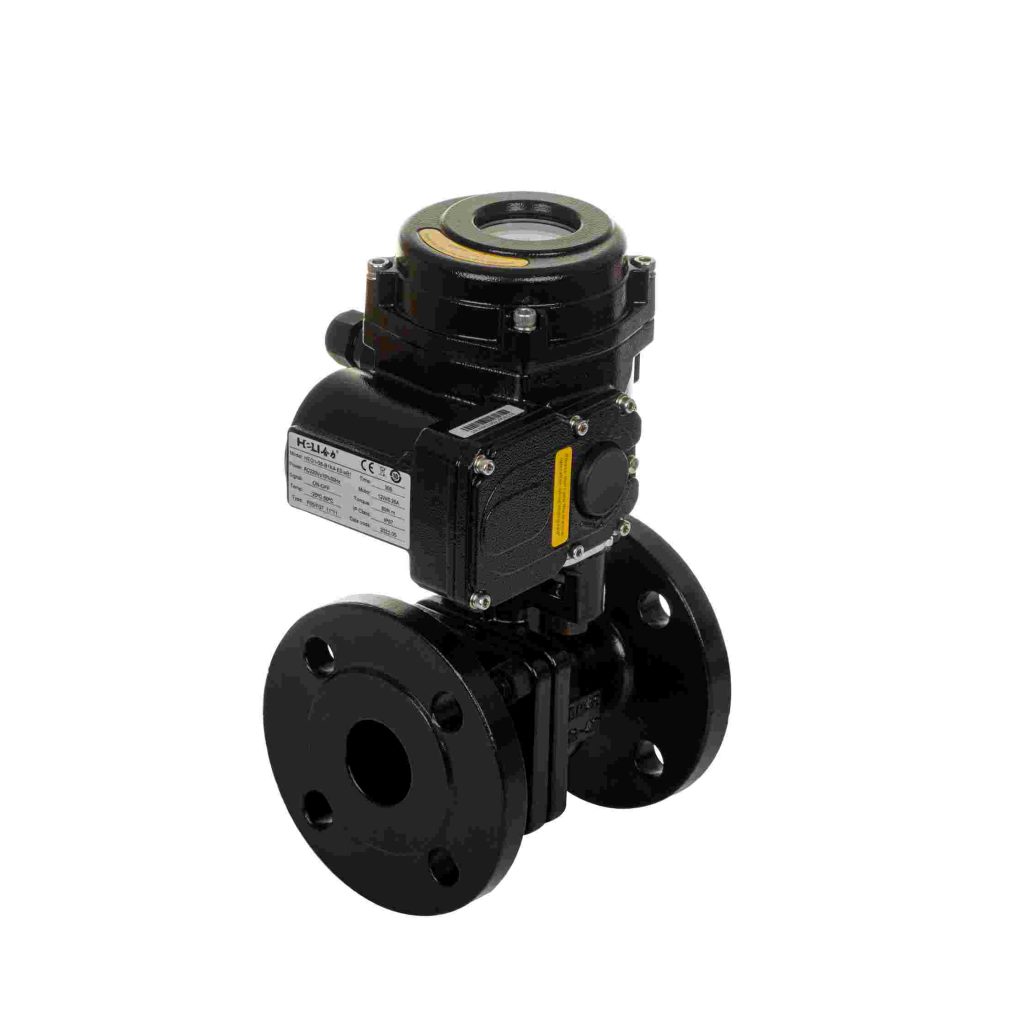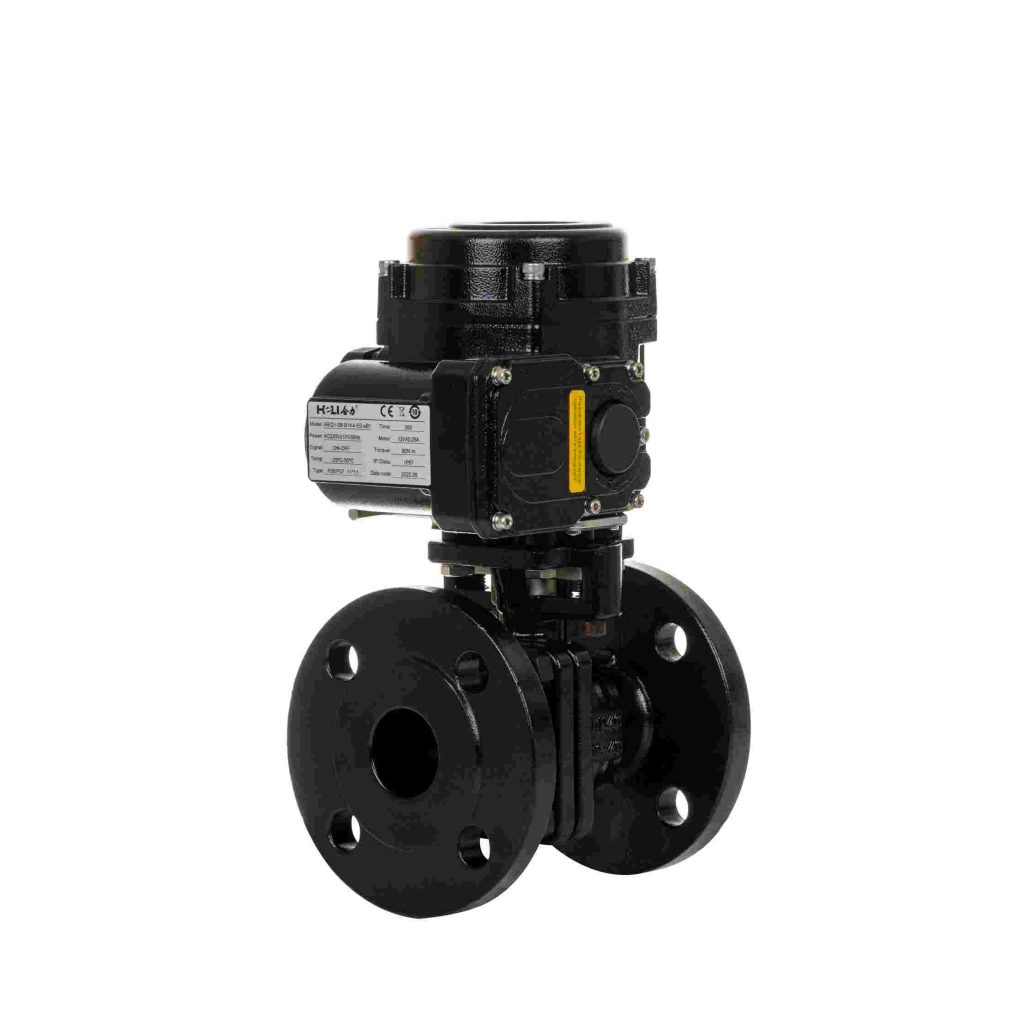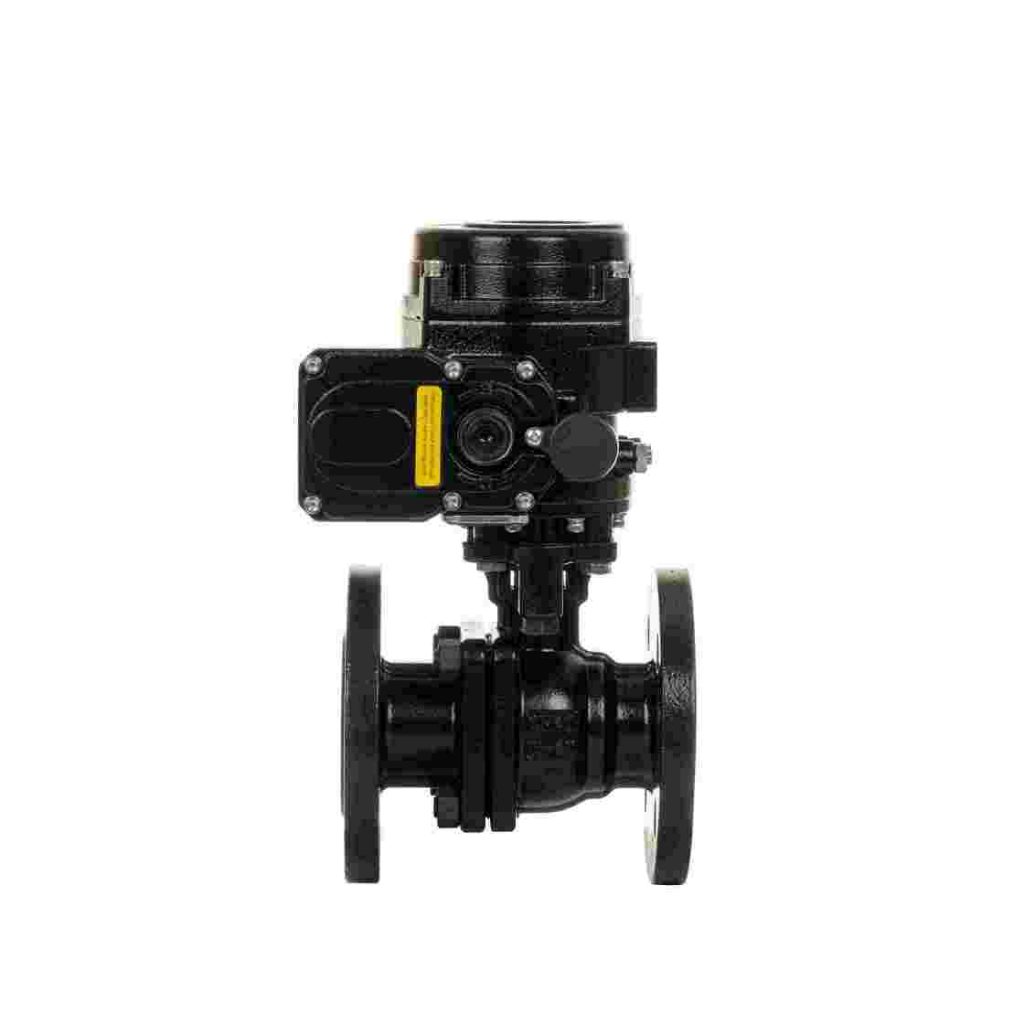In the ever-evolving landscape of renewable energy, hydrogen energy has emerged as a promising contender, offering a clean and efficient alternative to traditional fossil fuels. As the demand for sustainable energy solutions continues to grow, the significance of hydrogen energy electric valves in ensuring the smooth and safe operation of hydrogen-based systems cannot be overstated.

Hydrogen energy electric valves play a crucial role in the effective management and control of hydrogen flow within a system. These valves, actuated by electric motors, regulate the flow of hydrogen gas, ensuring its efficient delivery to various applications such as fuel cells, hydrogen-powered vehicles, and industrial processes. By precisely controlling the flow and pressure of hydrogen, electric valves contribute to the overall efficiency and stability of the hydrogen energy system.

The significance of hydrogen energy electric valves lies in their ability to meet the unique challenges associated with hydrogen as an energy carrier. Hydrogen, being a highly reactive gas, requires special handling and containment measures to ensure safety. Electric valves, with their precision control and rapid response capabilities, are well-suited to handle these challenges. They can be programmed to operate within specific parameters, automatically adjusting the flow of hydrogen to maintain optimal conditions within the system. Moreover, the integration of electric valves into hydrogen energy systems contributes to the automation and intelligence of these systems. Through advanced control algorithms and sensor technologies, electric valves can provide real-time monitoring and feedback on the system’s performance. This enables operators to make informed decisions, optimize energy usage, and respond promptly to any potential issues or malfunctions.

Leave a Reply